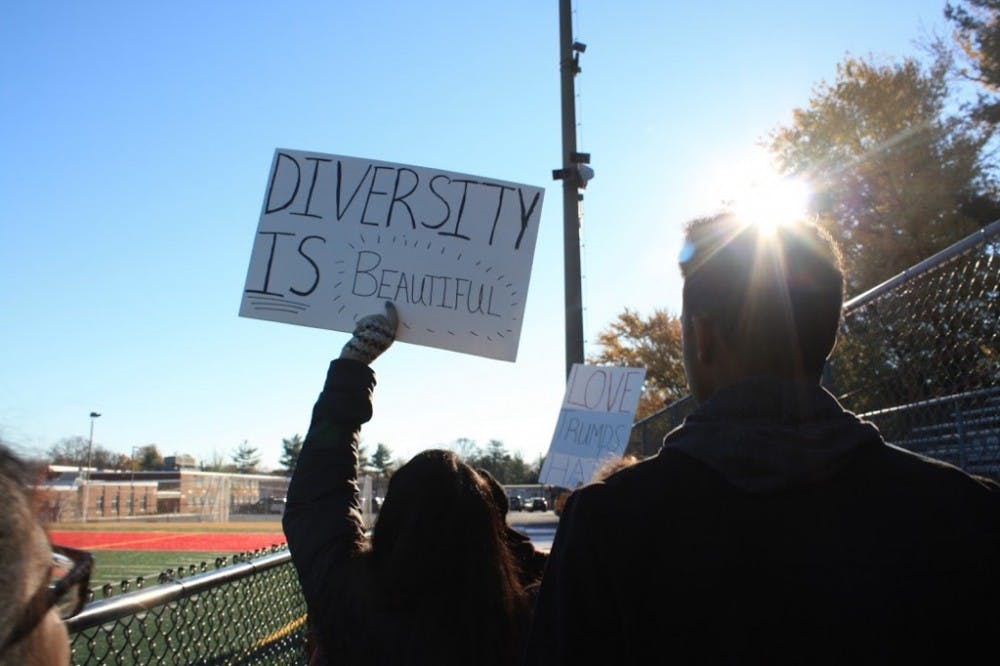A couple of days ago, the New York Times Sunday review featured an op-ed: “Can My Children Be Friends With White People,” written by Ekow Yankah. Yankah argues in his piece that he will teach his children “suspicion,” “distrust,” and caution with respect to white people. His main argument rests upon the assertion that white people and black people cannot achieve “true” friendship because their friendship lacks the “ability” of trust.
I find this article to be extremely problematic and disheartening. It is highly cynical — in a world where we find ourselves divided now more than ever, the conclusions Yankah draws would only create more hostility and resentment. Moreover, the generalizations he draws about white and black friendships could potentially be very damaging. As a child, I would not want to be taught paranoia — not whom or what to be cautious of. Instead, I would want to be instilled with morality and values that allow us to make our own decisions about friendships.
Yankah argues in his article that Dr. Martin Luther King, Jr.’s famous dream of black and white children holding hands was a “dream” precisely because King realized that “real friendship” between white and black people was “impossible.” With all due respect to Mr. Yankah, that is a highly manipulative interpretation of King’s dream. While too much black blood has been shed at the hands of white, King’s dream of black and white children holding hands is our reality now. We’ve come so far from where King stood and fought for and where we stand today. All we need is more people dreaming, and more people fighting for that dream to come true. We should not be giving up, because that is not what King did. He fought when people believed that white people were superior than black, when equality seemed nowhere in sight. But most of all, we should remember to fight with the same dignity that King fought with.
Pew research states that eight in 10 white Democrats believe that America needs to continue making changes to achieve racial equality between whites and blacks. It also states that young white adults are more enthusiastic about Black Lives Matter than middle-aged and older whites. Six in 10 young white adults support the Black Lives Matter movement. More than four in 10 blacks (48 percent) and whites (46 percent) say that working with community members to solve problems in their community would be a very effective tactic for groups striving to help blacks achieve equality.
Yankah projects President Trump’s untrustworthy values onto all whites, regardless of their support for Trump’s economic and social messages. I recognize that it is excruciatingly difficult for a black man to live in Trump’s America, and constant hateful and racist rhetoric fosters hopelessness. But we, as children, need to be reminded that this is not Trump’s America — it is ours. We should not be taught that separation is the answer. We cannot be taught that distrust is the answer. And Yankah’s submission to division only further divulges into the darkness we feel ourselves surrounded by.
Taking Yankah’s route, where does it stop? Do we respond to hatred with hatred? Do we not teach kids that compassion wins? And where does the division stop? Will Yankah suggest next that black people, too, should live in gated communities? That our country just needs to be divided based upon the color of skin? Then I ask, what about those kids that are made of both White and black parents? Should they be cautioned against their white parent and their other white half self?
I remind you, Mr. Yankah, that it is also Dr. King who said “Darkness cannot drive out darkness; only light can do that. Hate cannot drive out hate; only love can do that."
Aisha Tahir is a first-year from Alexandria, Va. She can be reached at atahir@princeton.edu.








